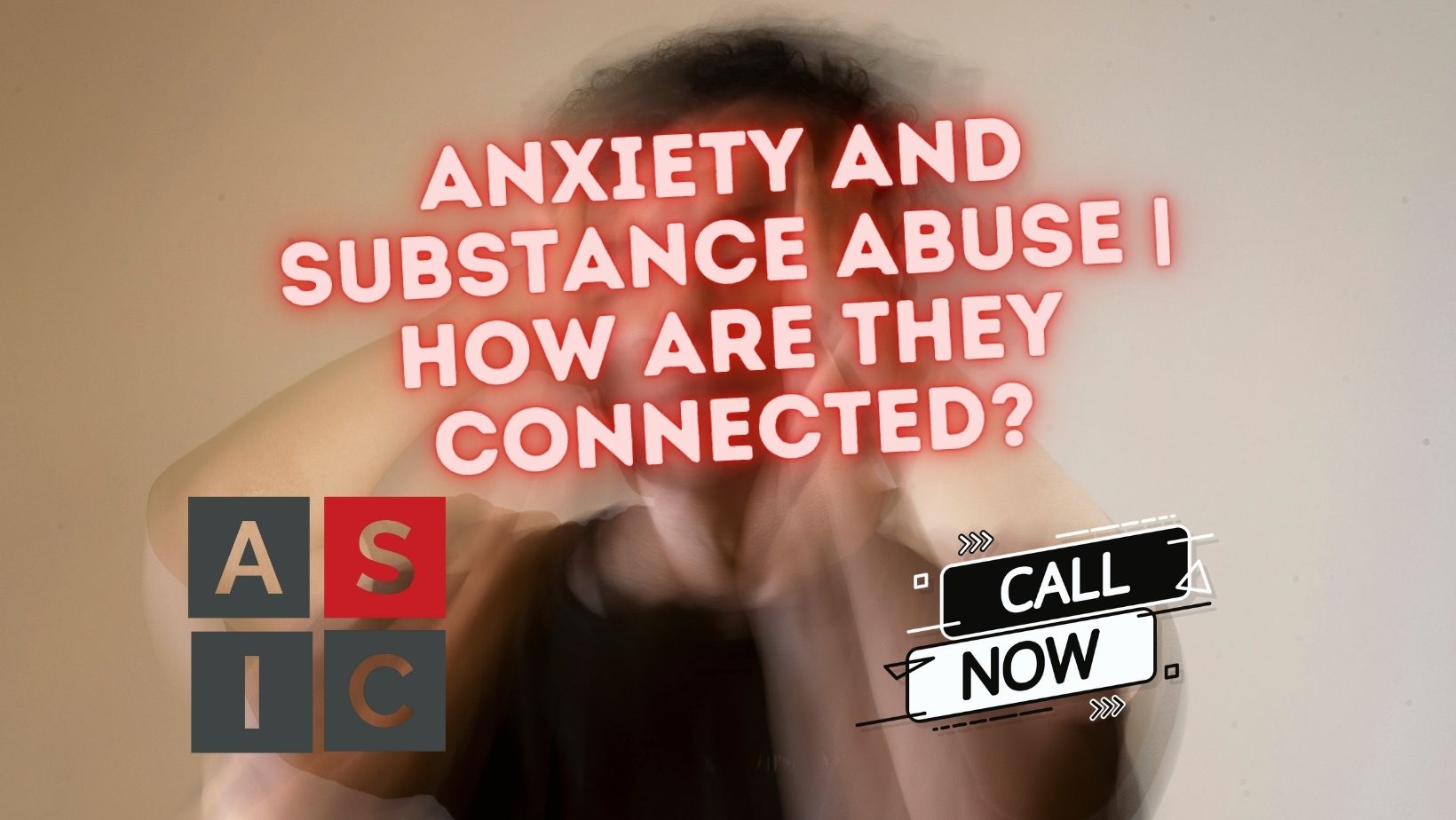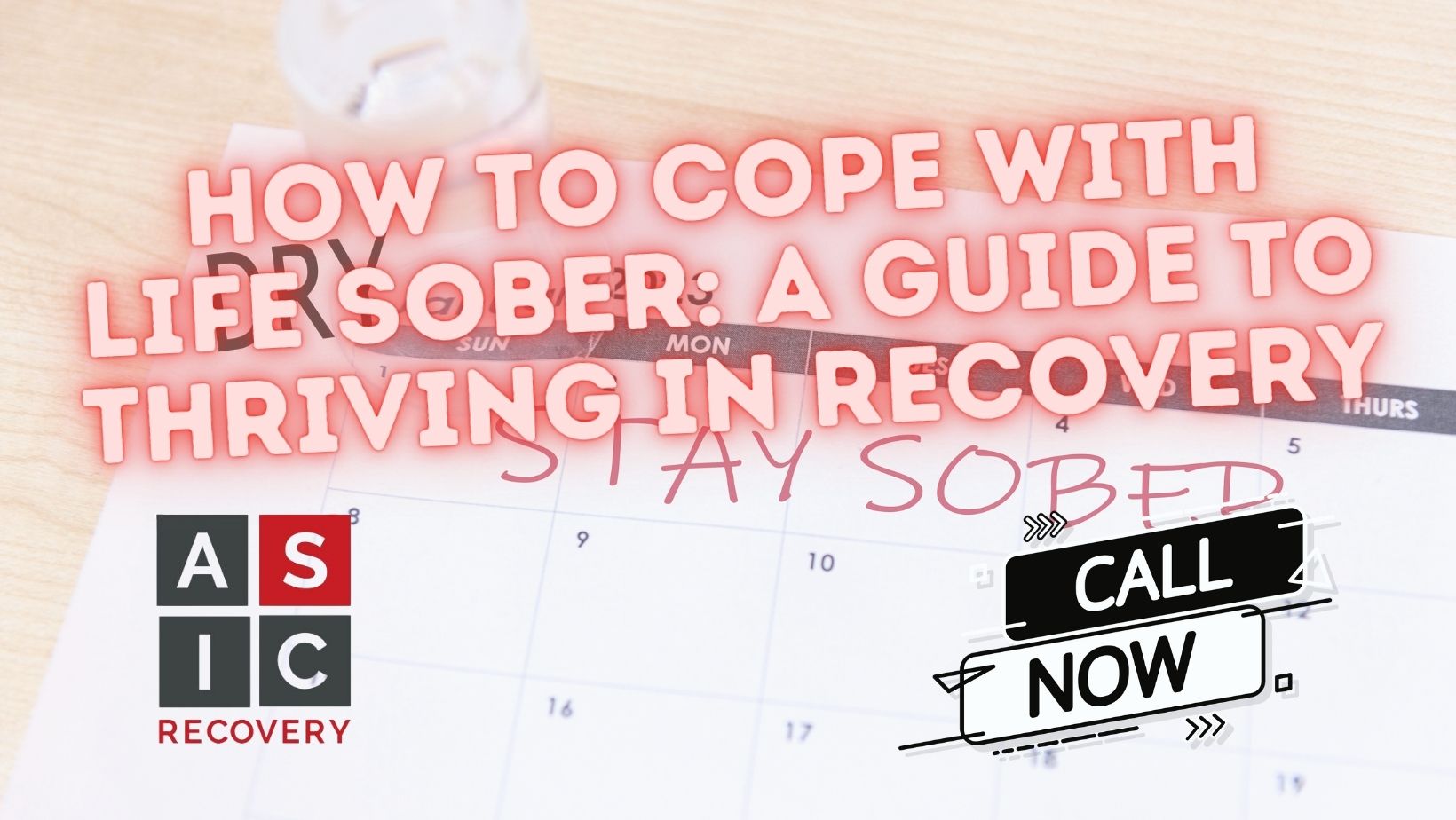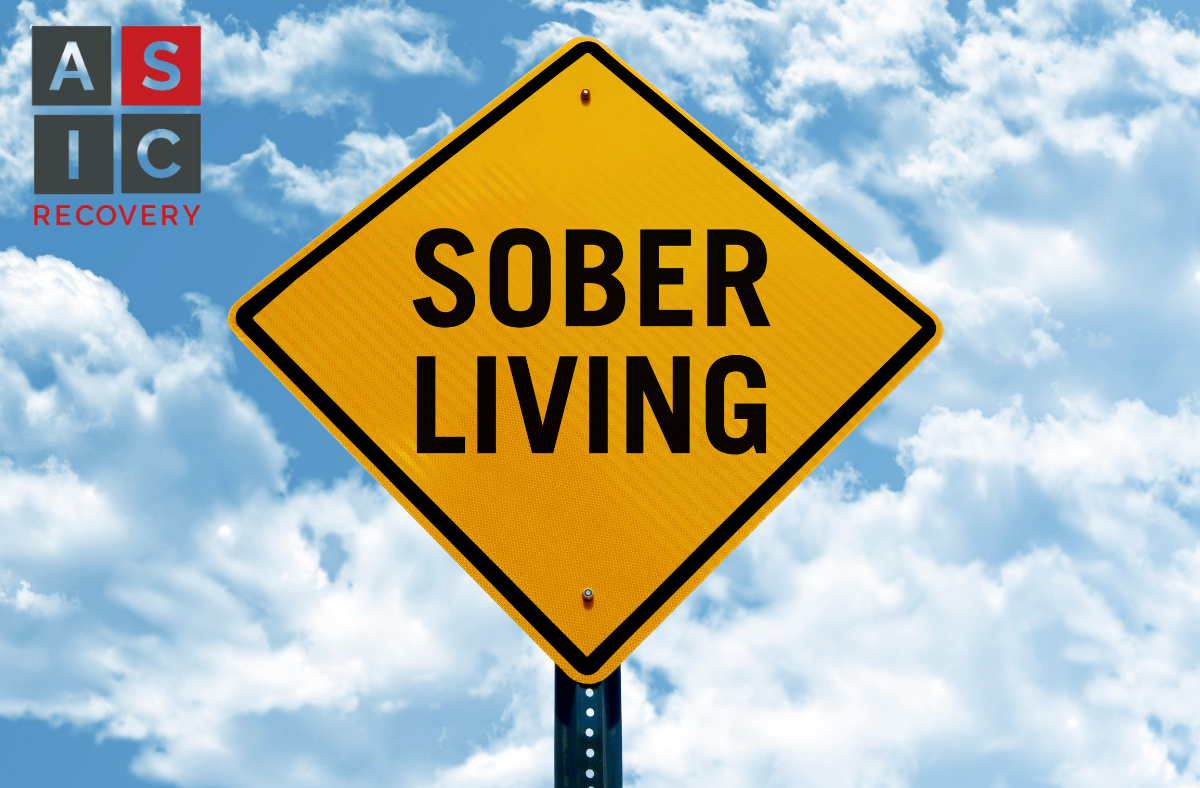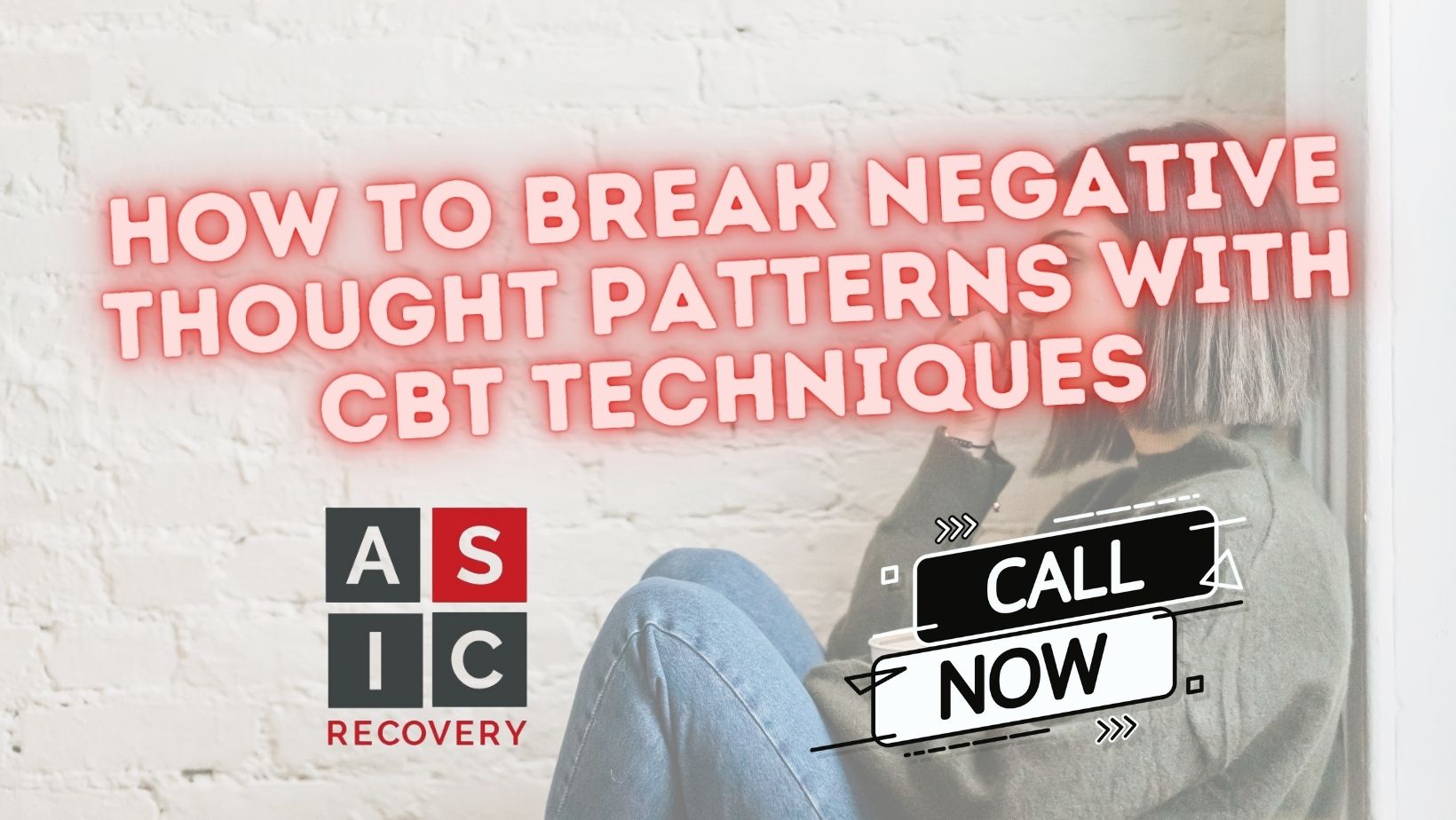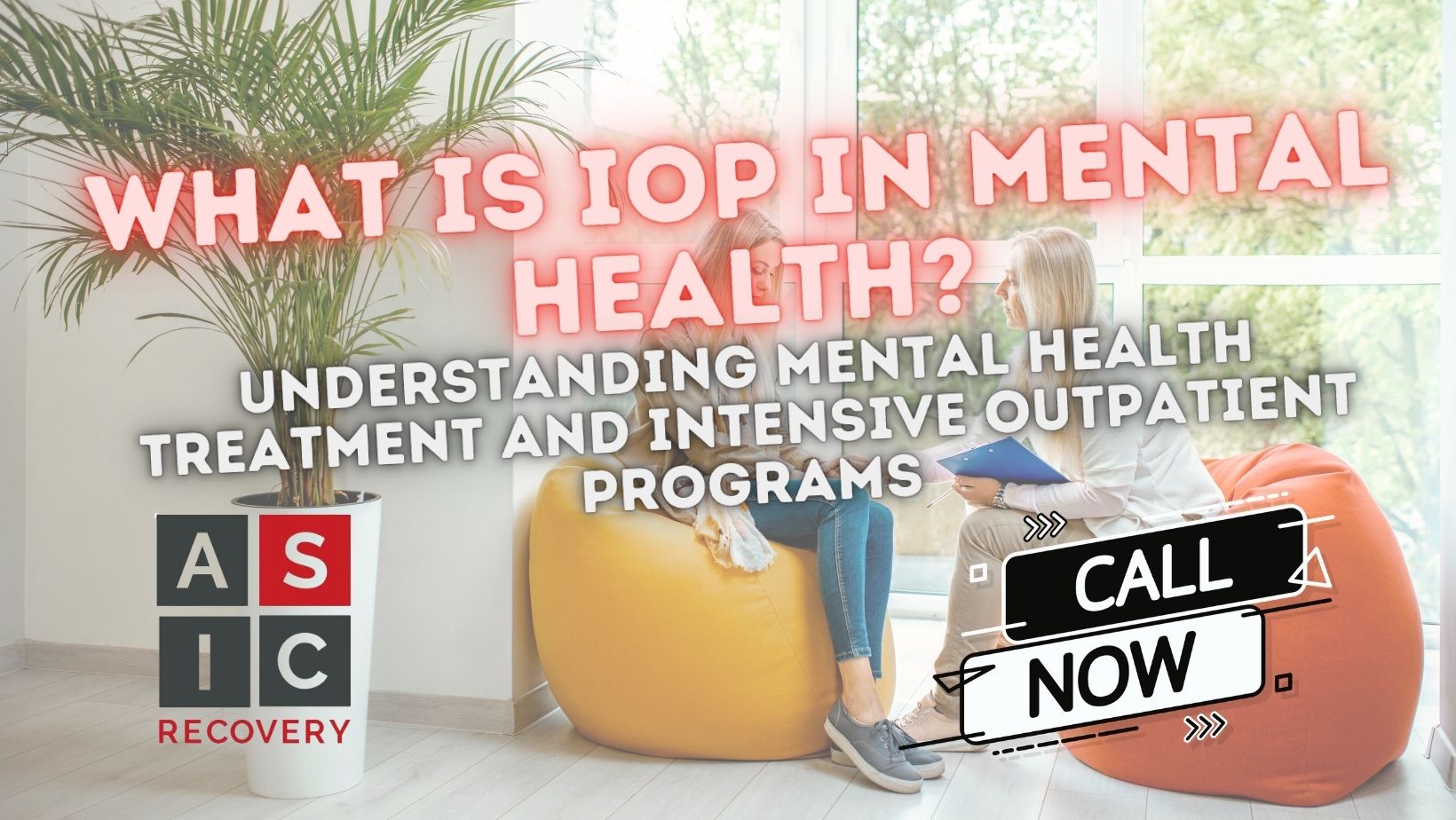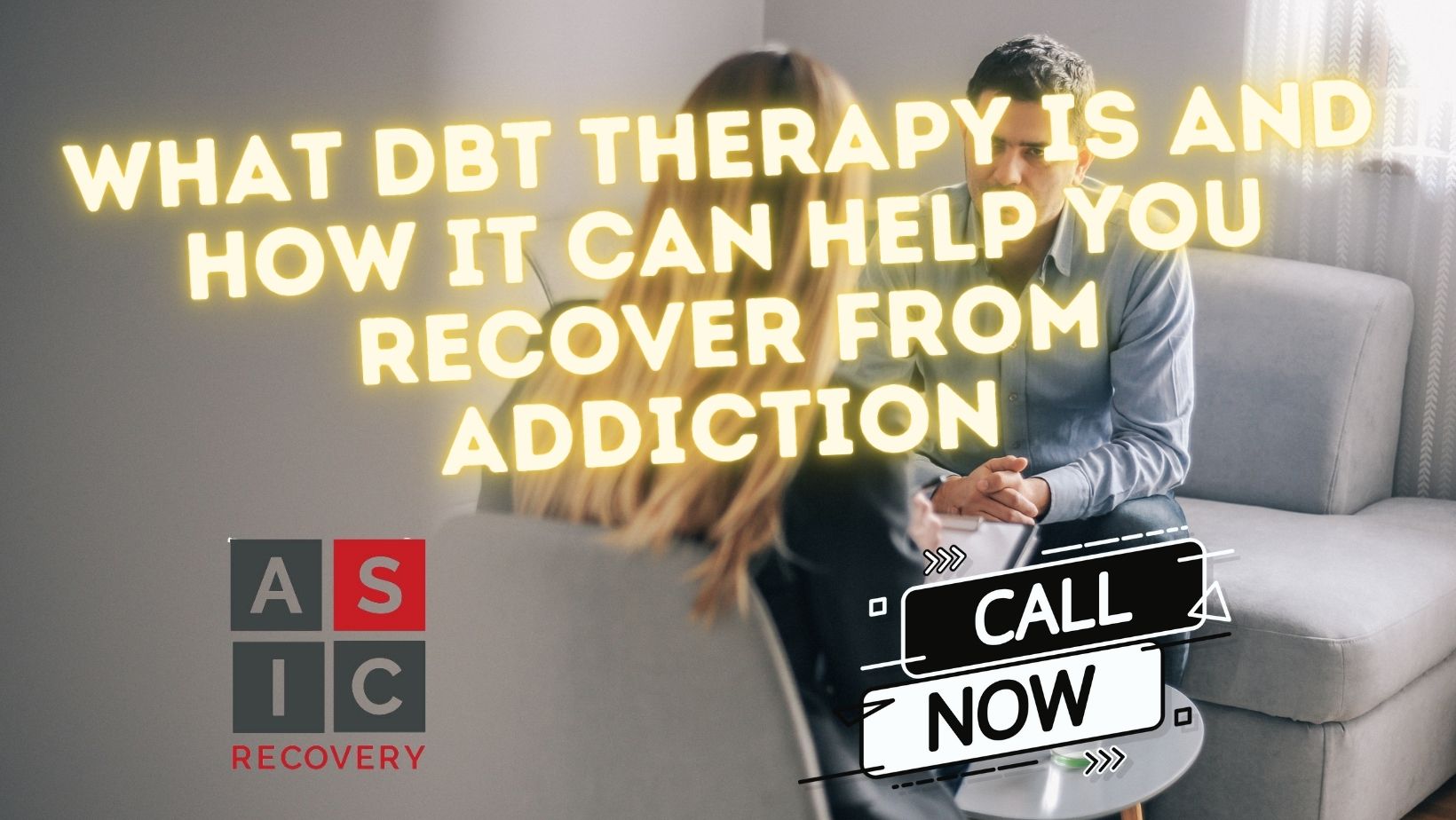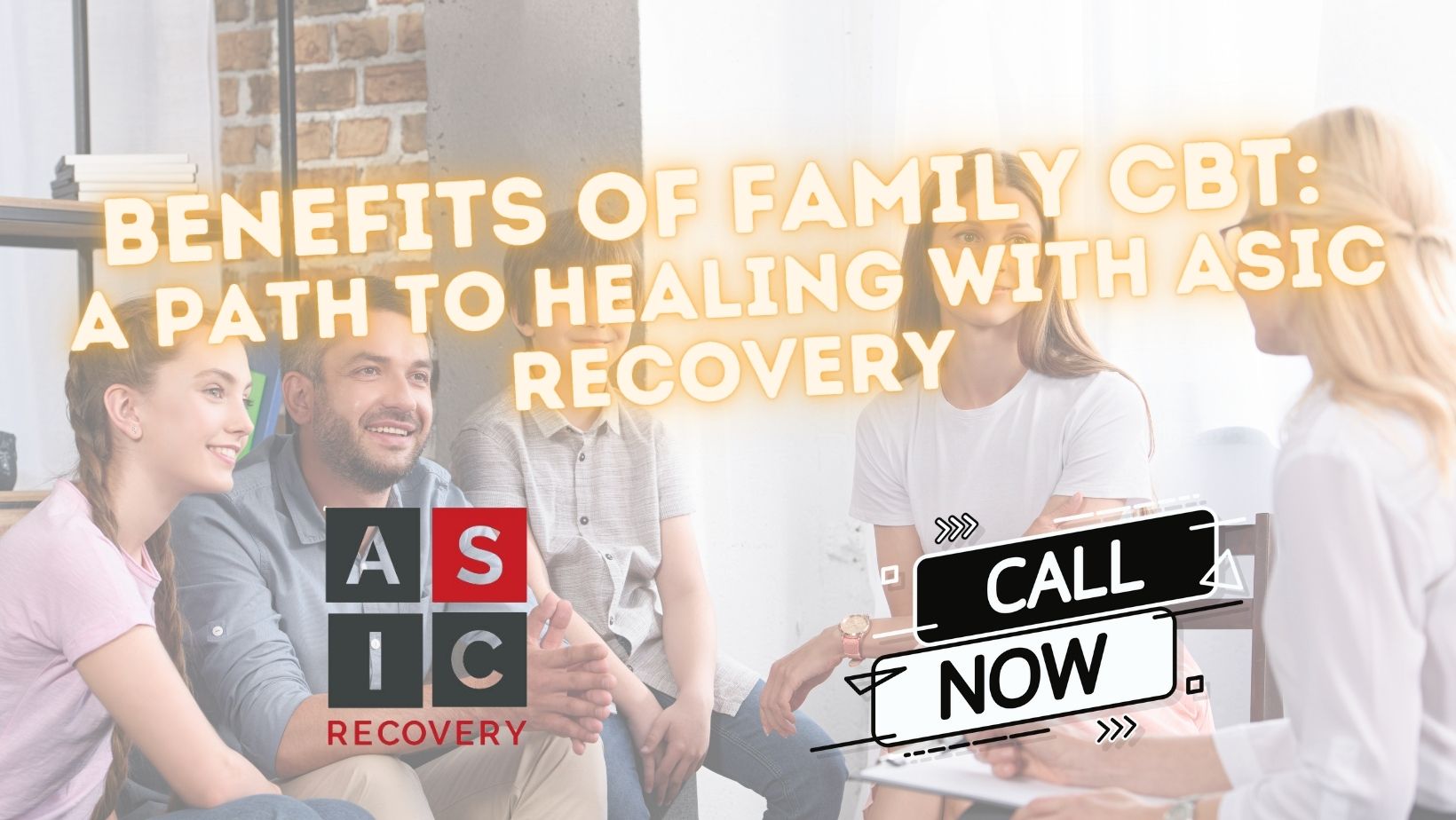Anxiety and Substance Abuse
It’s estimated that about a 5th of the population in the U.S. has a form of anxiety disorder. For those who do have an anxiety disorder, the chances of them having a substance abuse issue is higher.
How to Cope with Life Sober
Learning how to cope with life sober takes effort and requires you to surround yourself with people who are on the recovery path. Addicts (including alcoholics) use drugs and alcohol as their primary coping mechanisms for life.
What Is Sober Living?
Sober living programs give sober addicts/alcoholics a safe place to live where they are held accountable. They are usually in place for addicts/alcoholics who are transitioning from an inpatient facility back into the real world. Many inpatient programs last from 30 to 90 days.
How to Break Negative Thought Patterns with CBT Techniques
Negative thought patterns, also known as cognitive distortions, are irrational or exaggerated ways of thinking that can cause emotional distress and negatively impact your mental health. In many cases, the best way to break free from them is through cognitive behavioral therapy (CBT). These thought patterns can be triggered by all kinds of situations, each unique to the person experiencing them, and can lead to feelings of anxiety, low self-esteem, and depression among others.
IOP Treatment For Mental Health
Discover the power of IOP treatment for mental health at ASIC Recovery Services. Find the path to healing and recovery in a supportive environment.
What DBT Therapy is and How It can Help You Recover from Addiction
Learn how DBT therapy techniques enhance your daily life. Manage stress, emotions, and relationships with expert guidance at ASIC Recovery Services.
Discover The Benefits of Cognitive Behavioral Family Therapy
Overcome challenges, rebuild trust, and create healthier family dynamics with Cognitive Behavioral Family Therapy. ASIC Recovery can guide you.
PHP vs IOP — The Pros and Cons of Each
If you or someone you know is struggling with mental health issues, including addiction, you may have considered getting treatment, which means you’ve probably come across the terms PHP and IOP.
GHB Addiction: Overdose Symptoms and Effects of Long-term Use
GHB (Gamma Hydroxybutyrate) is a naturally occurring neurotransmitter in the brain, but it is more commonly known as a recreational drug that sees widespread use and abuse in the club or rave scene. Learn more.

